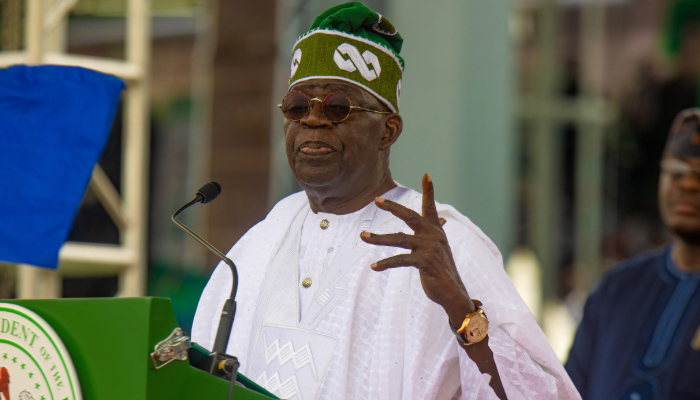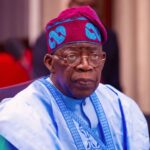Asiwaju Bola Ahmed Tinubu was inaugurated as the 16th President of Nigeria on May 29.
In his inaugural speech, he made certain promises including the pledge to rule in the interest of Nigerians.
He said his administration “shall govern on your behalf but never rule over you,” and that his government will “consult and dialogue but never dictate.”
He added that “we shall reach out to all but never put down a single person for holding views contrary to our own. We are here to further mend and heal this nation, not tear and injure it.”
It is already 30 days since his assumption of office, and there have been a couple of critical decisions made by the president, some of which have raised dusts and stirred reactions from the public.
Daily Trust revisits some of those decisive steps and their implications.
Fuel Subsidy Removal
On May 29, during his inauguration, Tinubu declared that there would no longer be a petroleum subsidy regime as the current 2023 budget did not contain it.
The new President stated that “subsidy is gone” and that funds for subsidies would be diverted to other things such as public infrastructure, education, health care and jobs.
“We commend the decision of the outgoing administration in phasing out the petrol subsidy regime which has increasingly favoured the rich more than the poor. Subsidy can no longer justify its ever-increasing costs in the wake of drying resources,” he said in part.
In a swift reaction to the announcement, filling stations and marketers began hoarding fuel, leading to the resurgence of queues at some filling stations and consequent hike in the prices of the product.
Nigerians are still grappling with the fuel price hike that has led to an increase in the cost of many goods and services and impacted generally on cost of living.
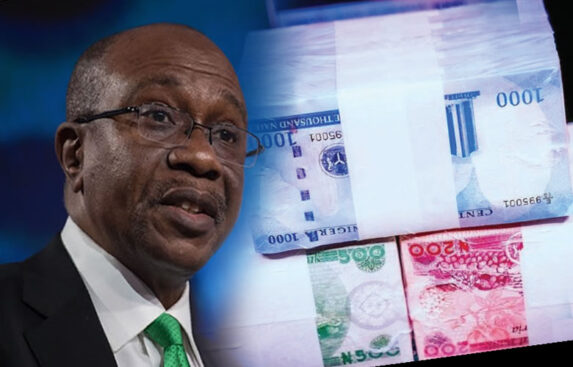
Suspension, arrest of CBN Governor, Emefiele
Less than two weeks after assuming office as President and Commander-in-Chief of the Armed Forces, President Bola Ahmed Tinubu suspended the Central Bank of Nigeria (CBN) Governor, Godwin Emefiele, from office with immediate effect.
The suspension, according to a statement issued and signed by the Director of Information in the Office of Secretary to the Government of the Federation (OSGF), Willie Bassey, said the suspension came into effect as part of investigation of Emefiele’s office and the planned reforms in the financial sector of the economy.
Emefiele was later taken into custody by Nigeria’s secret police, the Department of State Services, hours after his suspension.
“The Department of State Services (DSS) hereby confirms that Mr Godwin Emefiele, the suspended Governor of the Central Bank of Nigeria (CBN), is now in its custody for some investigative reasons,” Peter Afunanya, the spokesperson for the agency, said in a press statement.
Emefiele had faced criticism due to his controversial foray into partisan politics, as he was rumoured to be contesting for the presidential ticket of the ruling All Progressive Congress. He was also widely criticized for naira notes redesign policy and the hardship it brought on many Nigerians.
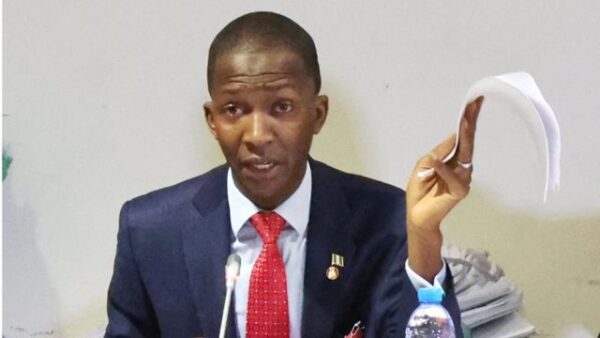
Suspension of EFCC boss, Bawa
Also in his first 16 days in office, Tinubu ordered the suspension of the chairman of the Economic and Financial Crimes Commission (EFCC), Abdulrasheed Bawa.
A brief statement from the office of the Secretary to the Government of the Federation (SGF) announcing the development on June 14, said the President suspended Bawa over “weighty allegations of abuse of office leveled against him.”
In a quick succession that same day, the DSS took to its recently launched Twitter handle to announce that Bawa had honoured an invitation for investigation.
The dramatic role reversal that suddenly turned Bawa from a hunter to the hunted is a reenactment of the ending that had characterised the exit of the previous heads of the anti-corruption agency since its inception.
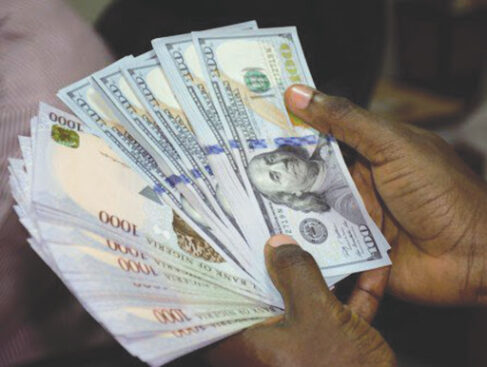
Naira floating, unification
Two weeks ago, Tinubu’s promise to carry out monetary policy reforms, particularly to ensure a single exchange rate for Nigeria, manifested as the CBN floated naira, making the exchange rate to be determined by market forces.
In a press statement signed by its director in charge of financial markets, Dr Angela Sere-Ejembi, the apex bank announced immediate changes to operations in the Nigerian Foreign Exchange (FX) market.
In a curious move, the central bank abolished its hitherto multiple exchange rate windows and collapsed them into the business-based Investors and Exporters (I&E) window.
“All segments are now collapsed into the Investors and Exporters (I&E) window. Applications for medicals, school fees, BTA/PTA, and SMEs would continue to be processed through deposit money banks,” Dr Sere-Ejembi said in a message to authorised dealers of forex.
In his inaugural speech on May 29, President Tinubu had said the CBN must work towards a unified exchange rate, adding that the nation’s Monetary Interest Rate, which was at 18.5 per cent, is anti-people and unproductive.
“Interest rate is currently too high. It’s anti-people, anti-business. We have to work on all of those,” he stated.
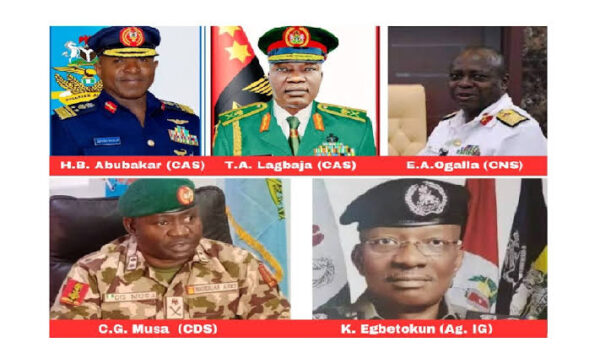 Retirement and appointment of Service Chiefs
Retirement and appointment of Service Chiefs
On June 19, the President approved the immediate retirement of all service chiefs and the Inspector-General of Police, Advisers, Comptroller-General of Customs from Service with immediate effect. He also named their replacements.
Tinubu equally renamed Nuhu Ribadu as National Security Adviser (NSA), a week after naming him Special Adviser on Security Matters to the president.
Appointment of Special Advisers
On June 5, the President named eight special advisers, including a former Chairman of the Economic and Financial Crimes Commission, Nuhu Ribadu who later became NSA; a former Lagos Commissioner for Information, Dele Alake as Special Adviser, Special Duties, Communications and Strategy; Wale Edun, a former Lagos commissioner, appointed as Special Adviser on Monetary Policies.
